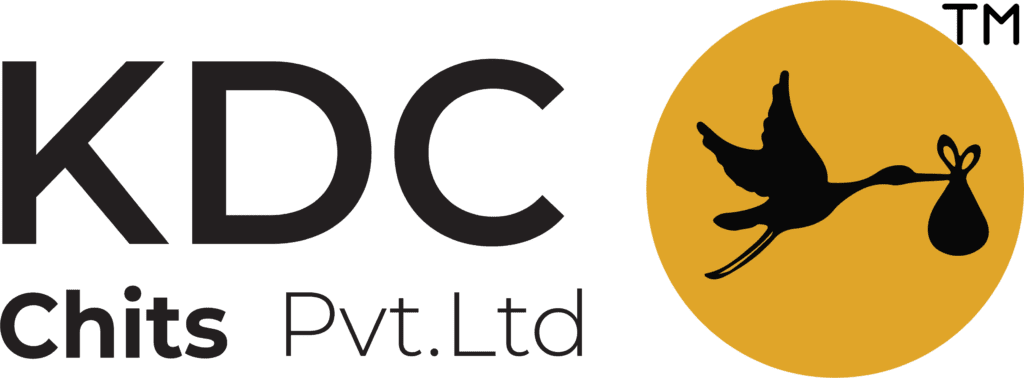Introduction
Chit funds vs mutual funds is the new hot topic among people. When it comes to investment, chit funds, and mutual funds are two popular choices that offer different benefits and risks. Understanding the differences between these two options is crucial for making informed investment decisions. In this blog, we will explore the key aspects of chit funds and mutual funds, their features, and benefits, to help you choose the right investment for your financial goals.
Chit Funds vs. Mutual Funds: Understanding the Key Differences
- Definition and Structure:
- Chit Funds:
It is a savings and investment scheme. where a group of individuals pools their money together for a specified duration. Each month, a predetermined amount is contributed by the participants, and one participant receives the accumulated pool (prize amount) through a bidding process. - Mutual Funds:
Mutual funds, on the other hand, are investment vehicles that pool money from multiple investors to invest in a diversified portfolio of stocks, bonds, or other securities. Investors purchase units of the mutual fund, and their returns are based on the fund’s performance.
- Chit Funds:
- Risk and Returns:
- Chit Funds:
Chitty typically offers lower risk compared to mutual funds as they do not involve market fluctuations. The returns in chit funds are generated through the prize amount received by the participants. However, it is essential to note that the returns are not guaranteed and can vary depending on the bidding process and participation. - Mutual Funds:
Mutual funds carry market-related risks, as their performance is directly linked to the performance of the underlying securities. The returns in mutual funds are influenced by market conditions and the fund manager’s investment decisions. However, they also offer the potential for higher returns over the long term.
- Chit Funds:
- Liquidity:
- Chit Funds:
Chitty offers limited liquidity, as the participants can access their funds only when they win the bid. While this can provide a disciplined approach to savings, it may not be suitable for those needing immediate access to their invested funds. - Mutual Funds: Mutual funds offer higher liquidity as investors can buy or sell their units on any business day. This flexibility allows investors to access their funds quickly, therefore, making it suitable for individuals with short-term financial goals or unpredictable cash flow needs.
- Chit Funds:
- Regulation and Transparency:
- Chit Funds:
Chit funds are regulated by state governments in India under the Chit Funds Act, which provides certain guidelines for their operation. However, it is crucial to choose chits operated by reputable and trustworthy entities to ensure transparency and compliance. - Mutual Funds:
Mutual funds are regulated by the Securities and Exchange Board of India (SEBI) and follow stringent guidelines for investor protection. They are required to provide regular updates, fact sheets, and prospectuses, ensuring transparency and disclosure of important information to investors.
- Chit Funds:
- Investment Expertise:
- Chit Funds:
Participating in chitty requires minimal investment expertise, as the bidding process is typically conducted by the chit fund company. However, it is essential to understand the terms and conditions, risks, and processes involved before joining a chit fund. - Mutual Funds:
Mutual funds are managed by professional fund managers who make investment decisions on behalf of the investors. This relieves investors from the need to actively manage their investments but requires a level of trust in the fund manager’s expertise.
- Chit Funds:
Choosing between chit funds and mutual funds depends on your financial goals, risk appetite, and liquidity needs. Chit funds offer a disciplined saving with potential returns, while mutual funds provide the opportunity for higher returns based on market performance. It is advisable to assess your investment objectives, consult with a financial advisor, and evaluate the features and risks associated with it before making a decision. Remember, diversification and understanding your risk tolerance are key factors in building a well-rounded investment portfolio.
If you have any queries about our chit schemes and want to know more about our company, feel free to contact us.
